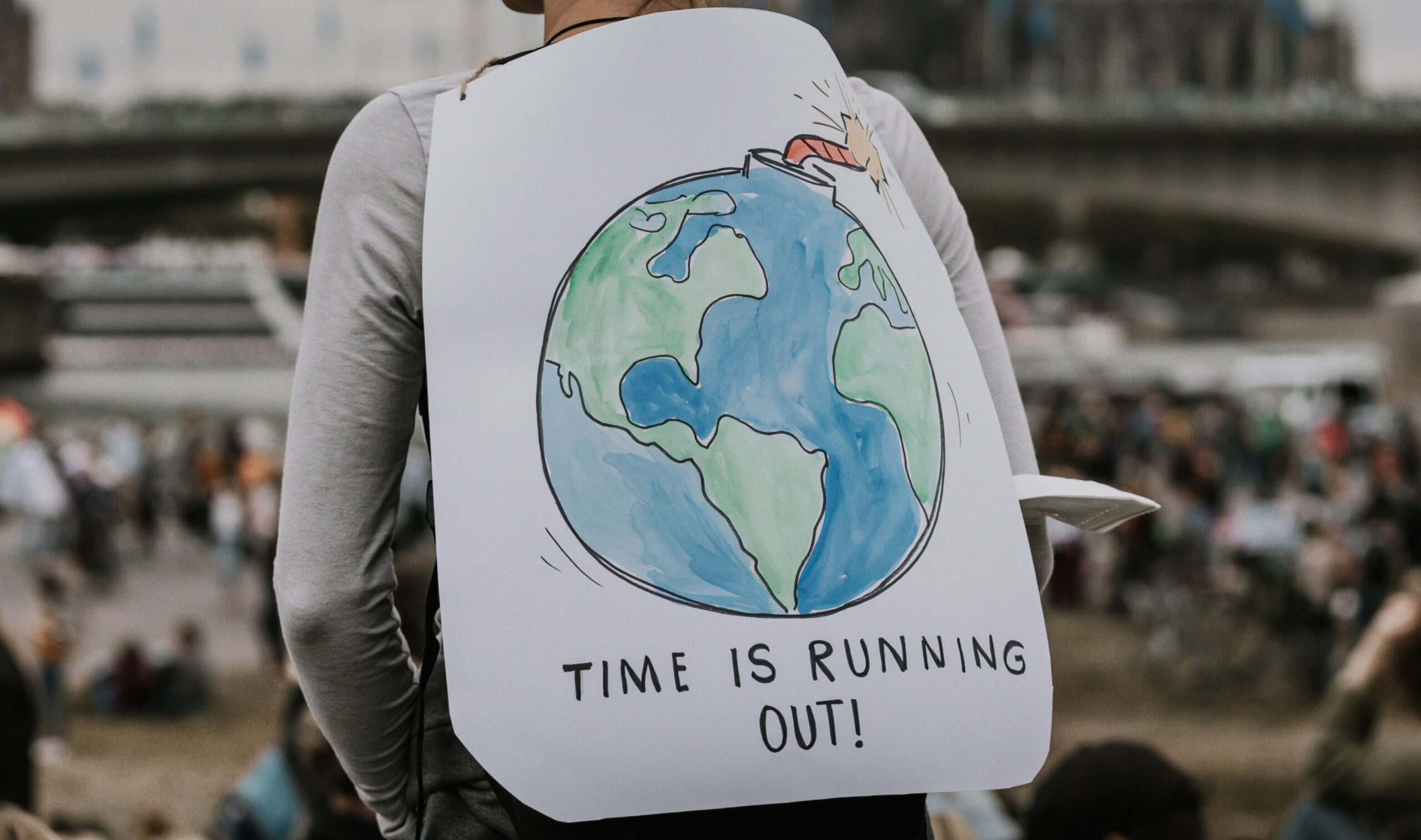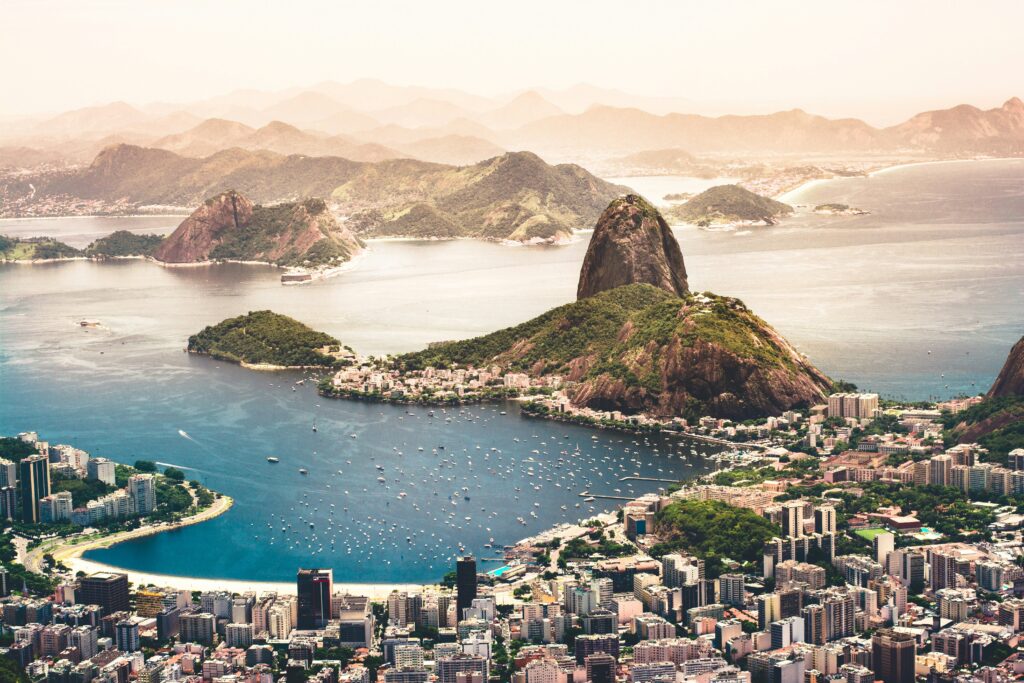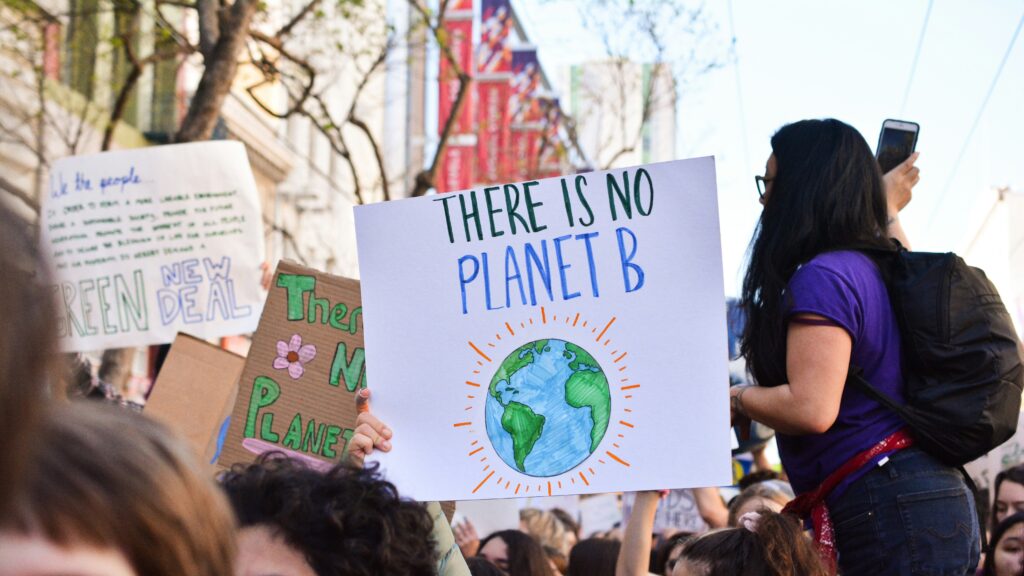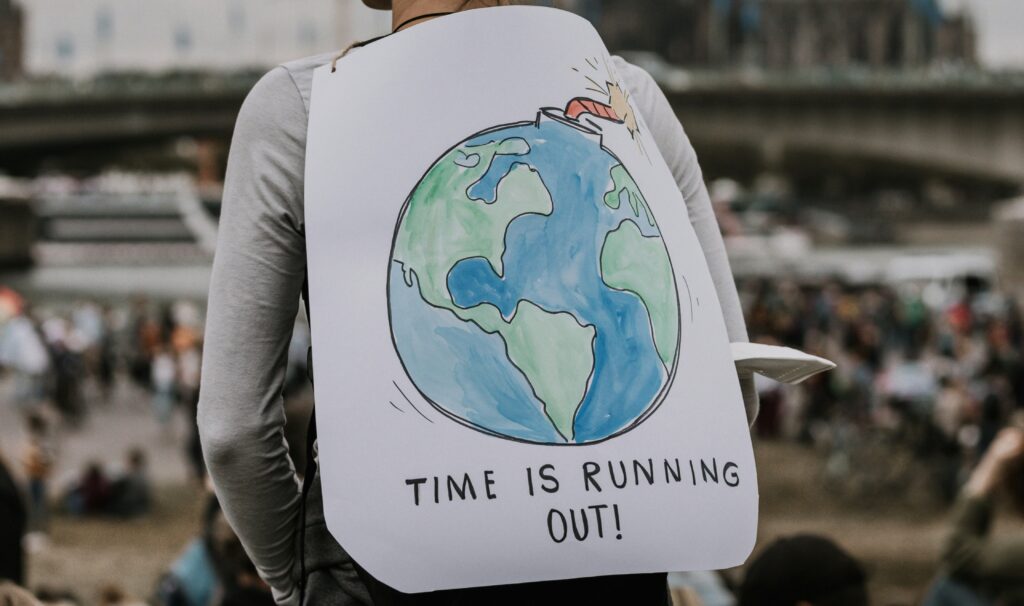Leadership Absences Put COP Under Scrutiny
This year’s COP in Brazil unfolded with striking gaps at the top table: Xi Jinping and Narendra Modi were absent, as were leaders of roughly 160 other countries. The United States also declined to send high-level officials, raising the practical question of what a two-week summit can accomplish when many principals stay away.
Christiana Figueres, who oversaw the negotiations that produced the Paris Agreement, has warned the COP process is “not fit for purpose.” Joss Garman adds that “the golden era for multilateral diplomacy is over,” arguing climate politics now turns on who “captures and controls the economic benefits of new energy industries.”
The US Shift and Its Global Ripples
On returning to office, Donald Trump withdrew the US from the Paris Agreement, calling climate change “the greatest con job ever perpetrated on the world” and urging countries to “get away from this green scam.” He has promoted US oil and gas abroad paired, at times, with threats of tariffs and set the goal of making America the “number one energy superpower in the world.”
Domestically, the administration has rolled back clean-energy support; permits have been withdrawn and projects cancelled. “Wind power in the United States has been subsidised for 33 years isn’t that enough?” said US Energy Secretary Chris Wright. By contrast, John Podesta argues, “The United States is taking a wrecking ball to clean energy… They’re trying to take us back not to the 20th Century, but the 19th.”
Supporters of the UN talks worry about contagion: if Washington dials down ambition, others may follow. Anna Aberg of Chatham House describes this COP as operating in a “really difficult political context,” yet insists it must still “send some kind of signal” that governments, businesses, and institutions remain committed to climate action.
A Geopolitical Contest Over Clean Technology
There is a current collision course between the US fossil-first push and China’s strategy to lead in clean technology. Europe is warned not to repeat “mistakes of the past” after losing solar manufacturing, with Brussels projecting a vast expansion in clean-energy markets and seeking a meaningful share. Still, the analysis suggests China’s lead spanning solar, batteries, EVs, and wind may already be “virtually unassailable.”
Li Shuo likens the challenge to table tennis: “If you want to surpass China, you had to get your act together 25 years ago. If you want to do it now, you have no hope.” That dominance pressures Europe: open markets risk industrial decline; restrict access and climate targets may slip. As Joss Garman cautions, ignoring “economic security, jobs, and national security” could erode support for the entire climate project.
Does COP Still Matter and in What Form?
The backdrop is sobering. UN Secretary-General António Guterres has acknowledged the 1.5°C limit will be breached, calling this “deadly negligence.” Some argue the format needs a rethink. Michael Liebreich suggests “one big COP every five years,” with time in between for industries to build and the “real economy to catch up.” He also argues that practical barriers should be tackled in smaller, more targeted settings “where people can actually fund stuff.”
Yet the case for multilateralism persists. This COP includes efforts to secure a multi-billion-dollar rainforest fund. Michael Jacobs calls continued collective backing “a big political message,” encouraging businesses to keep investing because governments will continue with climate policy. Ed Miliband defends the process as “dry,” “complicated,” and “tiring” but “absolutely necessary.”
The Emerging Tenor: Fewer Pledges, Bigger Deals
With geopolitics reshaping priorities, COPs may become less about sprawling, many country pledges and more about significant bilateral or mini-lateral deals that move money and markets. Nations face a strategic choice to lean into a China led clean-tech surge, or double down on a fossil fuel first path and the balance struck will define climate progress in the years ahead.
References:
https://www.bbc.co.uk/news/articles/c205jvyg3wjo




